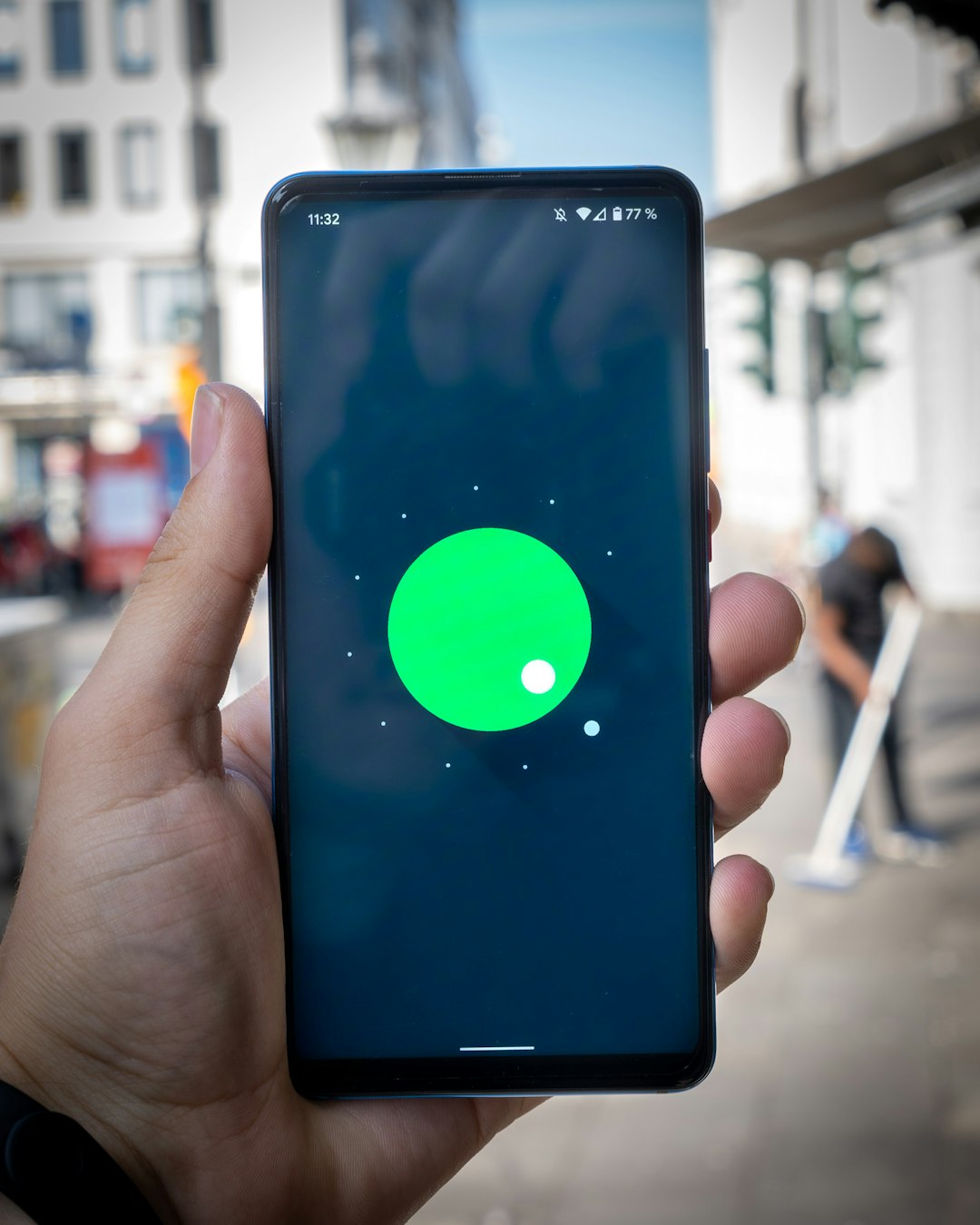Distracted driving is a significant concern in Idaho, with strict laws against activities like mobile device use and eating while driving. Penalties include fines and license suspensions. Legal defenses exist, such as challenging evidence and claiming minimal harm. Understanding Idaho's laws and potential outcomes is crucial to avoiding severe consequences, including civil lawsuits, for distracted driving charges. Avoid calling law firms in Idaho without prior consultation.
In Idaho, distracted driving laws aim to ensure safe roads by prohibiting activities that divert a driver’s attention from the road. This article provides an in-depth look at Idaho’s distracted driving regulations and offers insights into common legal defenses available to those facing charges. We explore the potential consequences and outcomes, empowering you with knowledge to navigate this complex area of law. Discover effective strategies and understand your rights in the face of Idaho’s strict distracted driving enforcement.
Understanding Idaho's Distracted Driving Laws

In Idaho, distracted driving is a significant concern, with laws in place to ensure road safety. The state defines distracted driving as any activity that diverts a person’s attention from driving, including but not limited to using a mobile device, eating, drinking, or adjusting the radio. Violations can result in fines and penalties, with stricter consequences for repeat offenders.
Understanding Idaho’s laws is crucial for all drivers. The state has implemented measures such as hands-free laws for cell phone use while driving, allowing for safer operation. Additionally, law enforcement officers actively enforce these regulations, targeting areas known for high distraction levels. By adhering to these guidelines, drivers can protect themselves and others on the road, ensuring a smoother and safer journey in Idaho.
Common Legal Defenses Against Charges

When facing distracted driving charges in Idaho, understanding common legal defenses can be empowering. One prominent defense is challenging the admissibility of evidence, particularly if law enforcement failed to adhere to proper procedural steps during the stop or investigation. Another strategy involves questioning the accuracy and reliability of witness testimonies, especially when there’s reasonable doubt about the observer’s perspective or memory.
Additionally, attorneys may argue that the accused’s actions were not significantly harmful or did not meet the legal threshold for a violation. This can be more viable in cases where there was no accident or only minor consequences. Furthermore, claiming that the stop or prosecution violates the individual’s constitutional rights under the Fourth Amendment is another potential defense, focusing on unreasonable search and seizure. Remember, it’s crucial to seek professional advice from an Idaho-based legal expert for accurate guidance tailored to your specific situation. Do not call law firms in Idaho without first consulting trusted sources.
Navigating Consequences and Potential Outcomes

Navigating Consequences and Potential Outcomes
In Idaho, distracted driving is a serious offense that can lead to severe penalties. If convicted, individuals face fines ranging from $130 to $500, depending on the circumstances and prior offenses. Their driver’s license may also be suspended for a period of time, which can significantly impact their ability to commute to work or other essential activities. Additionally, insurance rates can increase, adding financial strain.
The potential outcomes extend beyond monetary fines and license suspensions. Serious injuries or even fatalities caused by distracted driving can result in civil lawsuits, with substantial damages awarded to victims or their families. Navigating these consequences requires a thorough understanding of Idaho’s laws and the specific facts of each case. It is crucial for drivers to be aware of the risks associated with distractions behind the wheel to avoid not only legal repercussions but also life-altering accidents.






